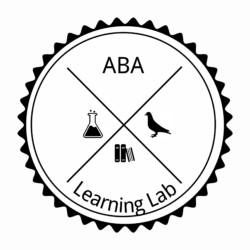Going to ABAI’s annual conference in San Diego this weekend? Want to get the most out of it? Here are some strategies to do it like a pro.
1. Know thyself… Or discover thyself
Behavior analysis is a broad field. While many of us work in the autism field, behavior analysis covers all things behavior. This includes autism, applied animal behavior, behavioral pharmacology, OBM, behavioral medicine, education, ACT, substance abuse, experimental analysis of behavior, and many other areas. Within each of these areas, there are literally countless sub-specialties. Having an area of interest and a scope of practice is a powerful thing, and allows each of us to make our own contribution to our clients and our field at large. If you’re looking to specialize or learn more about a particular area, the conference is a great place to start.
2. Network
Want take your career to the next level? Start expanding your professional social circle. With so many of the leaders, researchers, and influencers of our field in one place, the annual conference is the perfect place to do it. This has very practical implications for whatever your practice looks like. Individually, we can’t specialize in everything behavior… but we can have a diverse network of colleagues to reach out to for when we encounter behavioral issues outside our norm.
3. Behave more
The conference (and most learning experiences) are not meant to be passively absorbed, they’re meant to be engaging. If you find yourself with questions during presentations, or for particular people, ask away! An ABA conference, especially one as large as ABAI’s annual convention, is not the place to be shy. Want to get to know more people at the conference? Go introduce yourself. Want to get more involved in a particular special interest of behavior analysis? Volunteer your time. The theme here is if we’re behaving with intention, we can add significant value to our individual skill-sets.
4. Make plans
Where do you want to be in a year? How about 2 or 3 years? Five years? If the goal is enter into a PhD program, now is the time to make the initial conversations happen. Similarly if you want to start your own company, you’ll want to network with those that have already done it. How about becoming a leader in your chosen practice? Publish a paper? Task analyze the skill sets that will get you there and start behaving accordingly. While it’s all too easy for us to just show up and attend sessions, the real value of the conference is in career enhancing actions that we can take if we plan appropriately.

